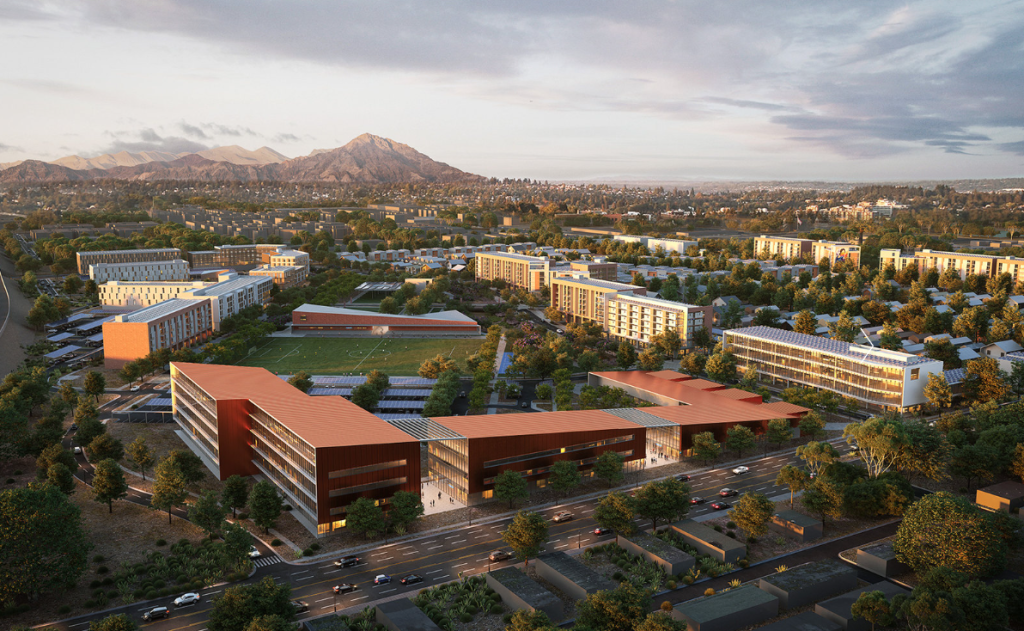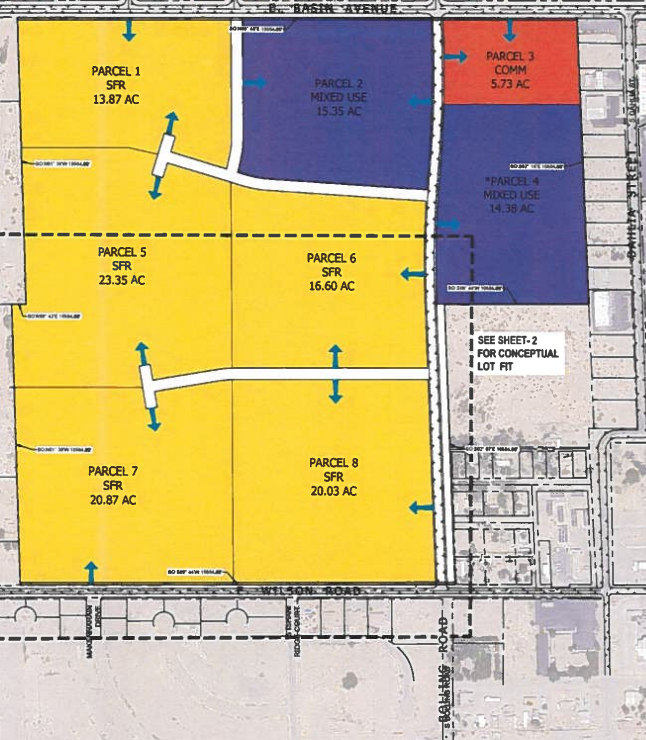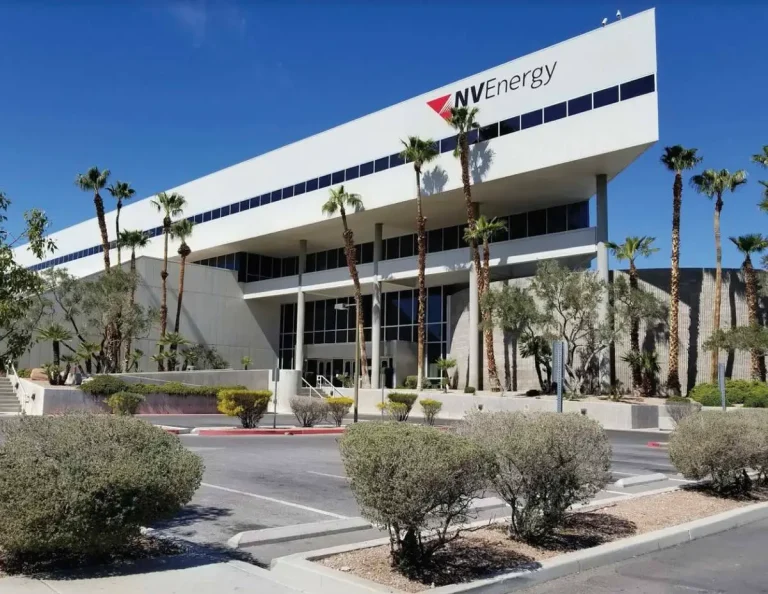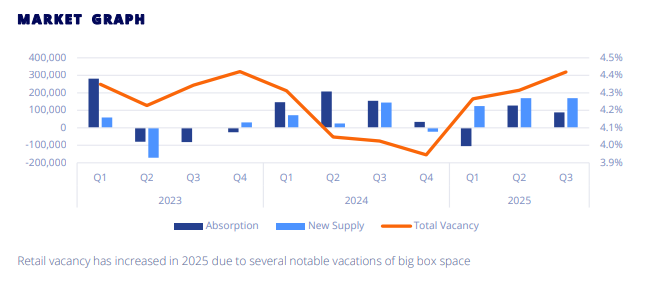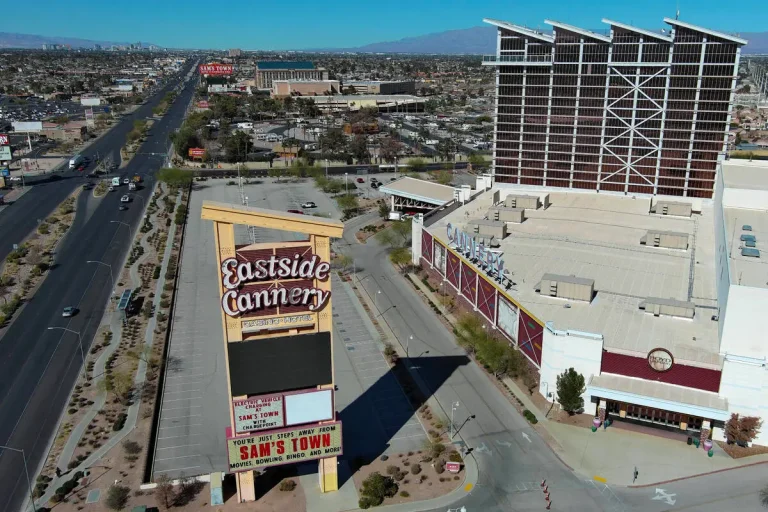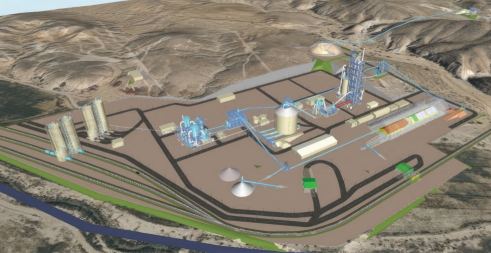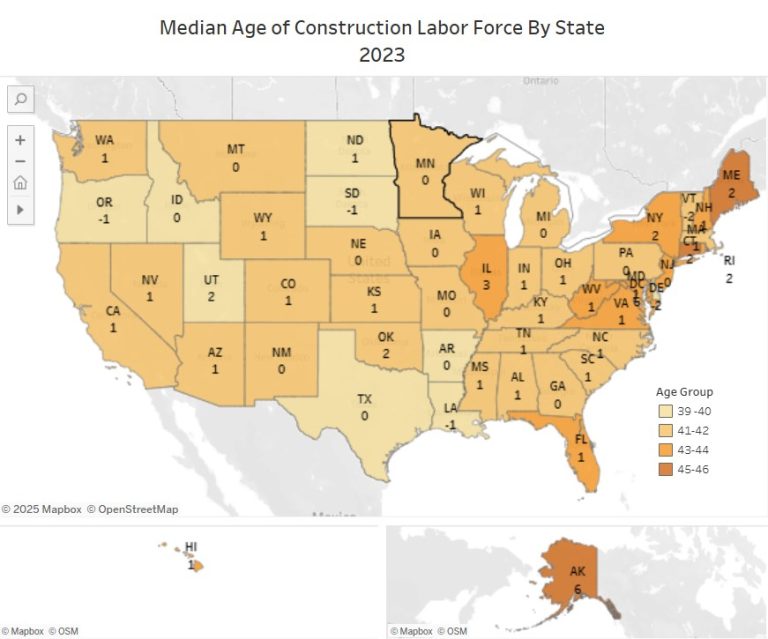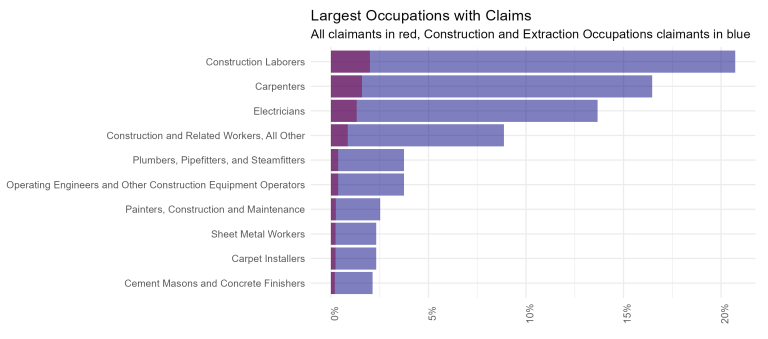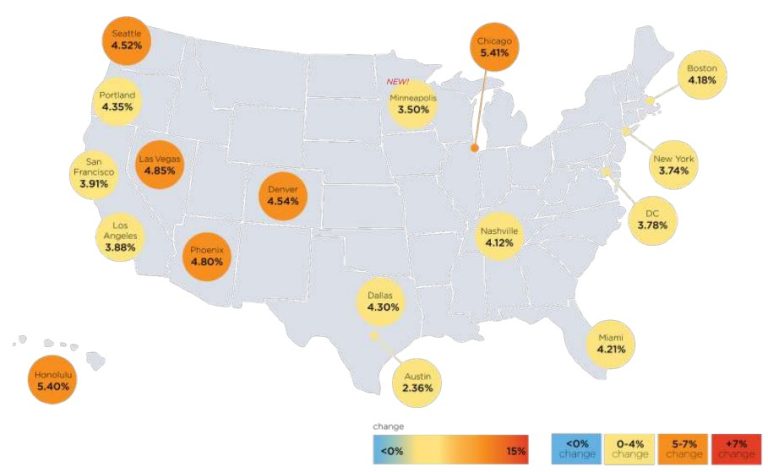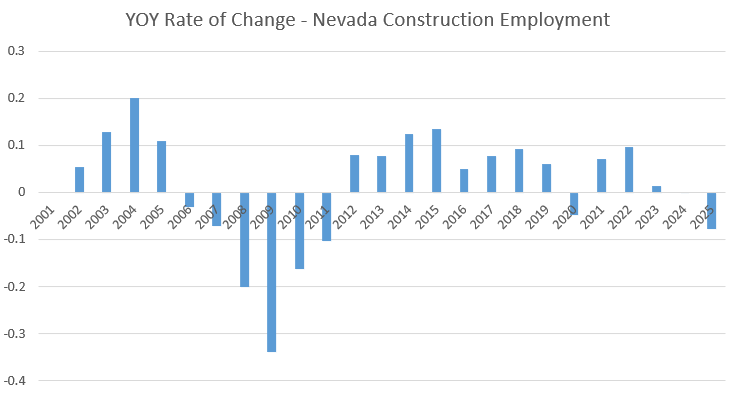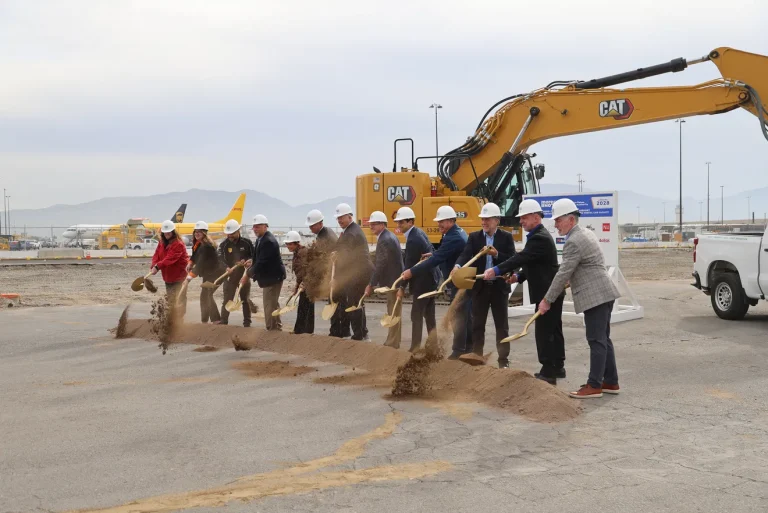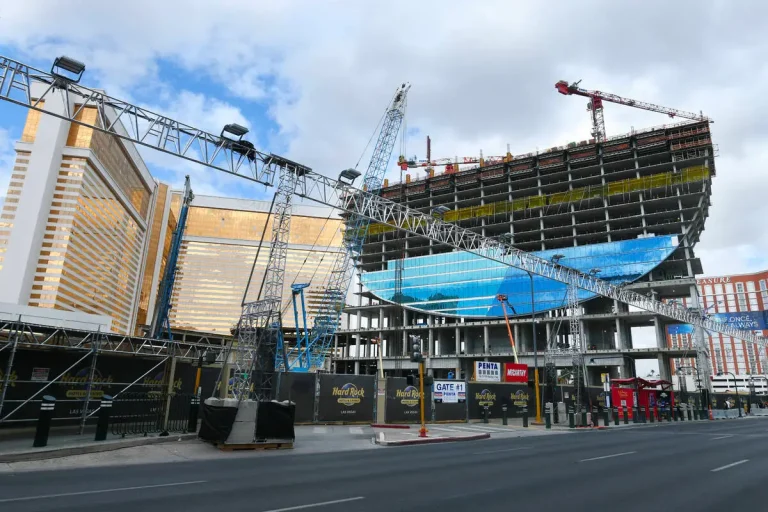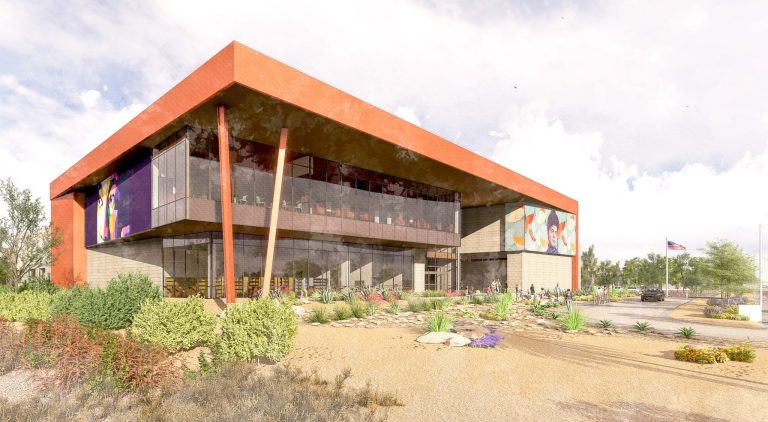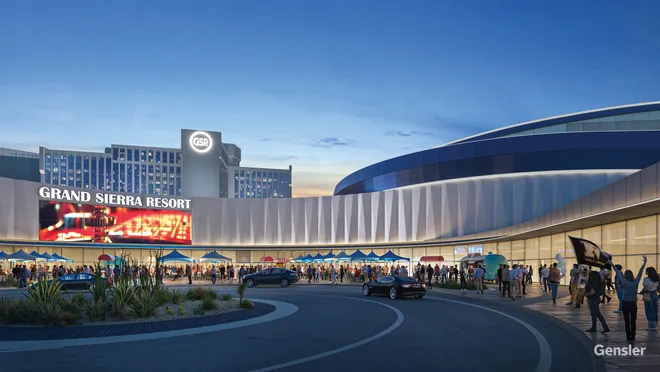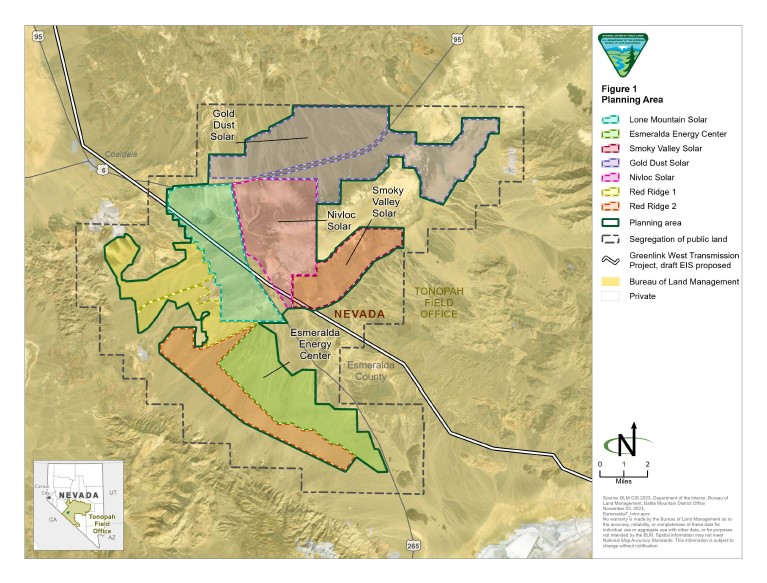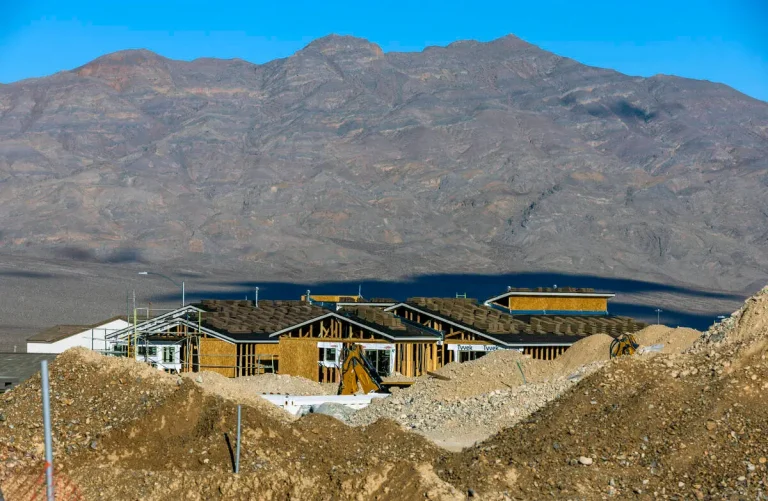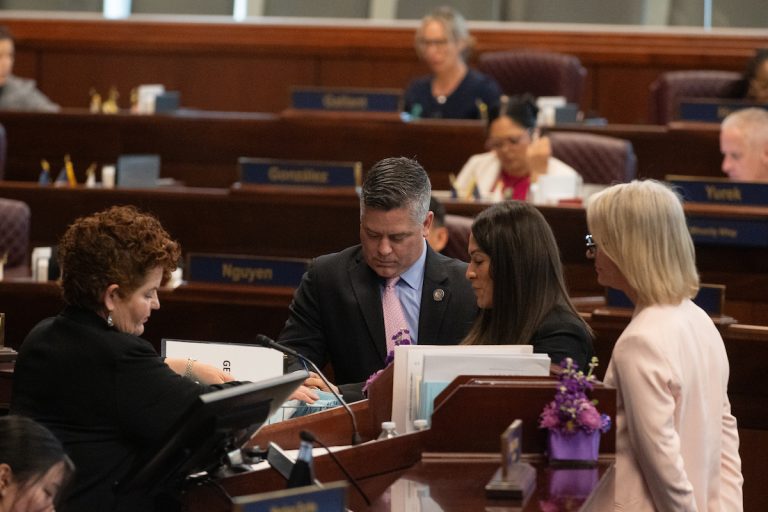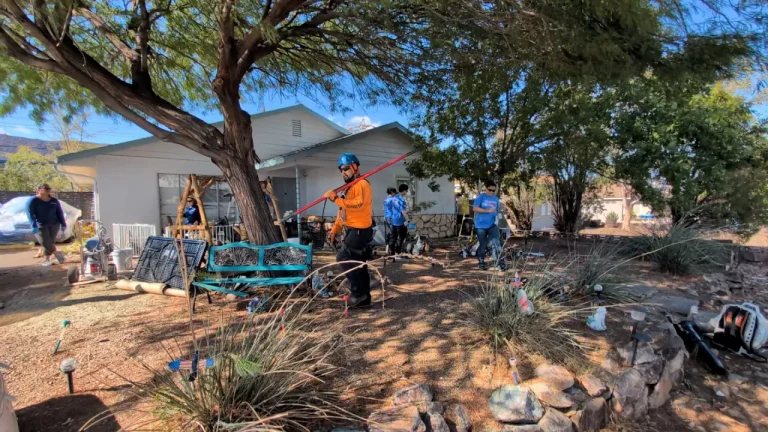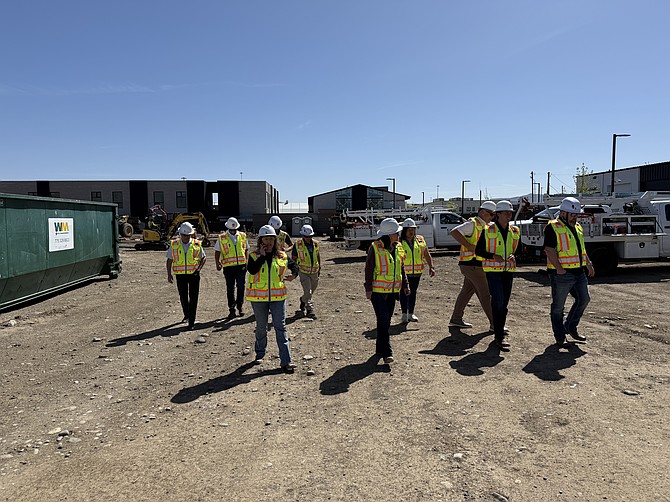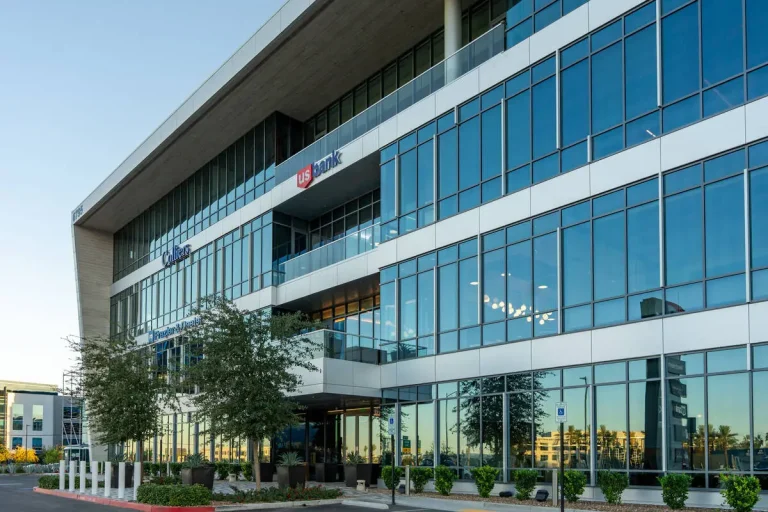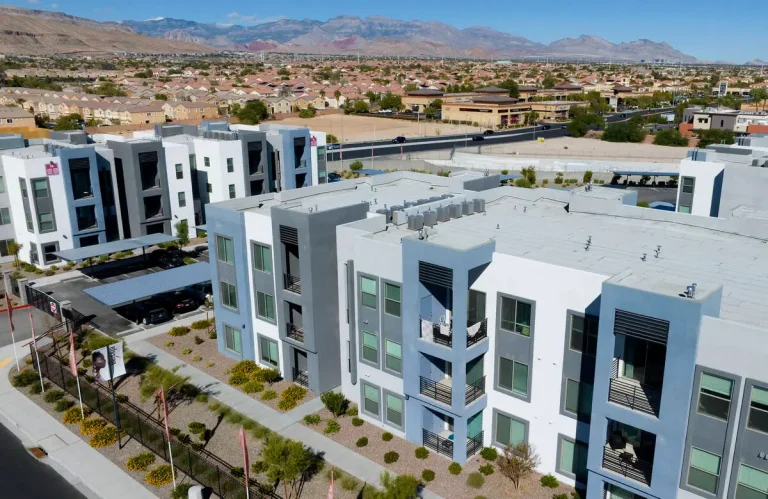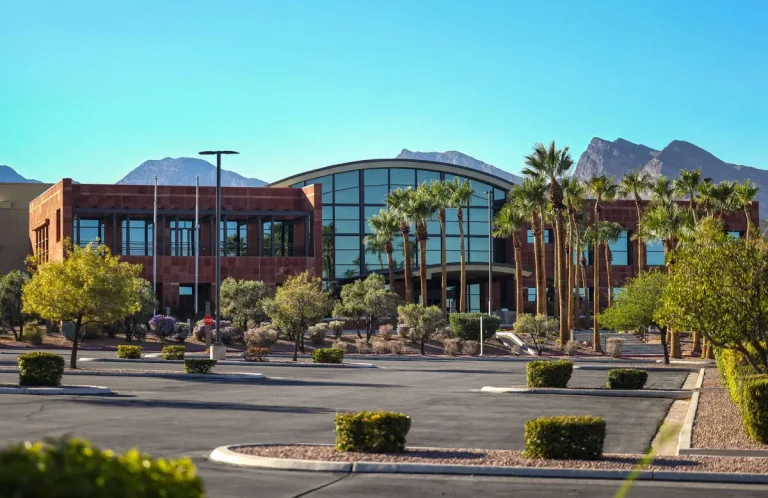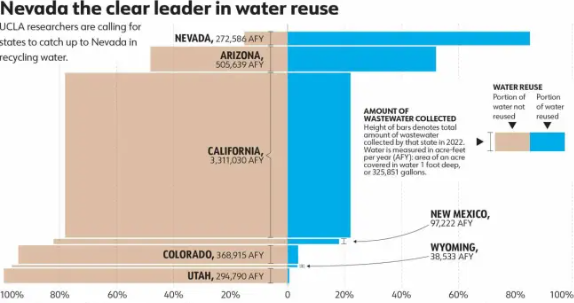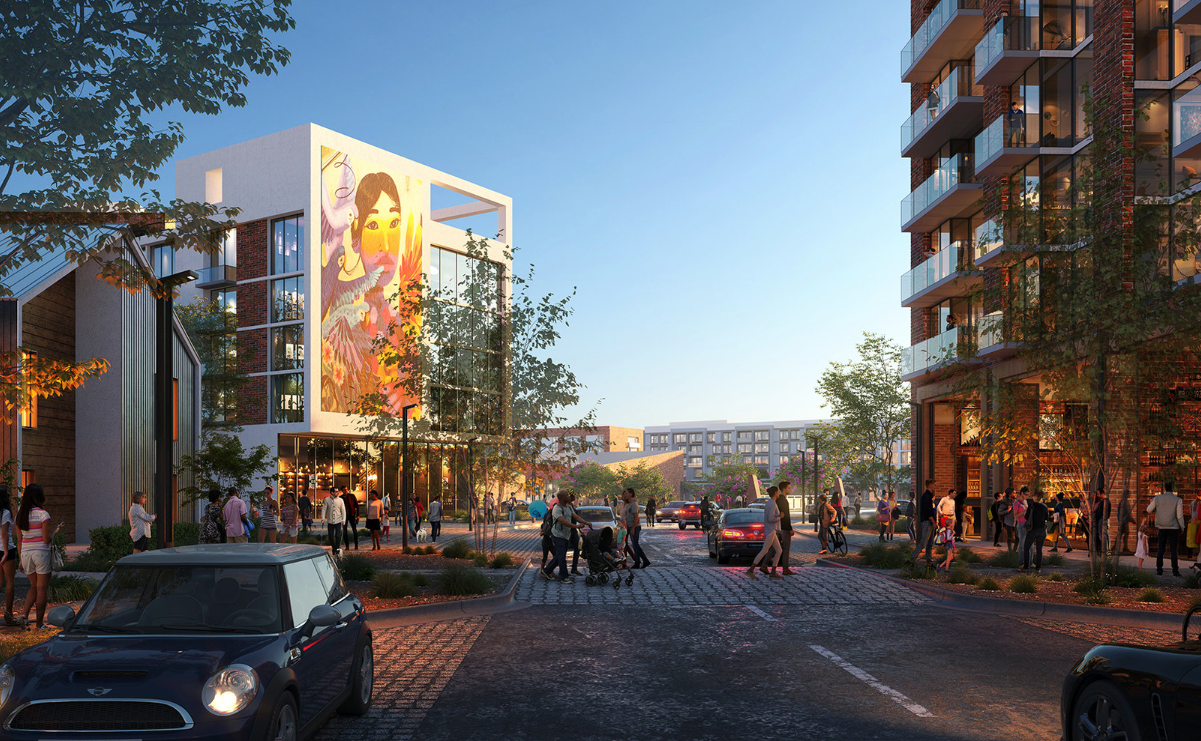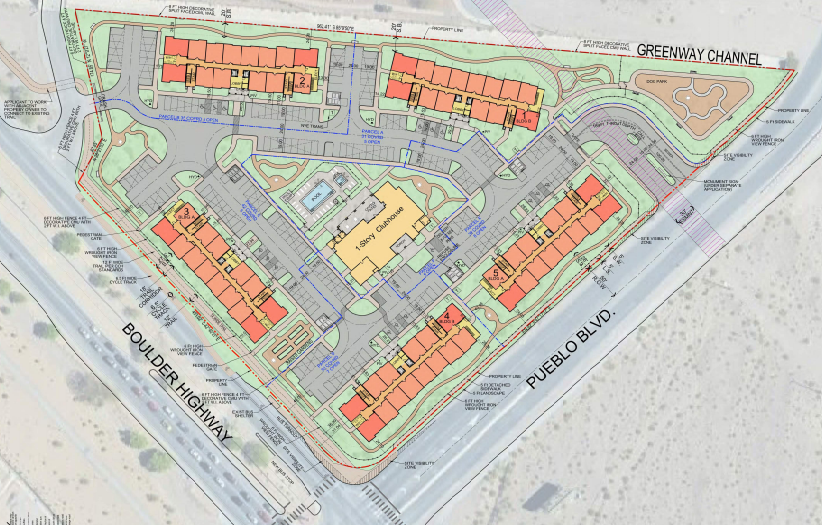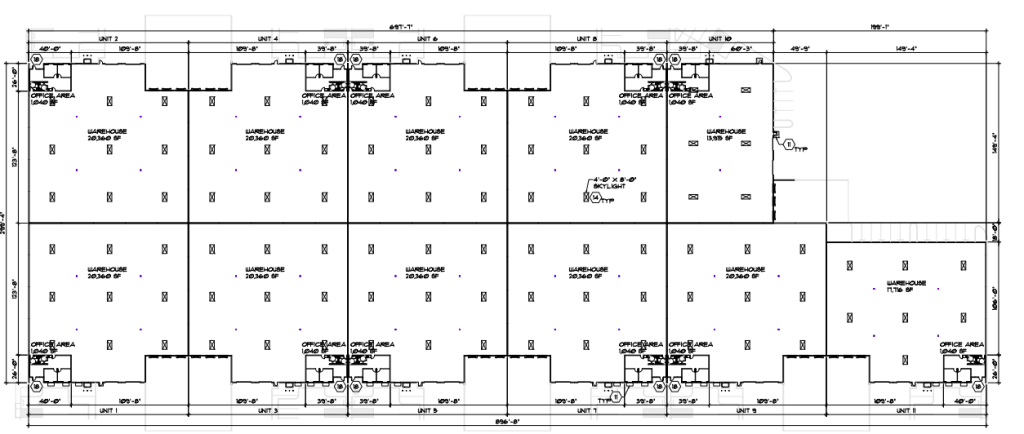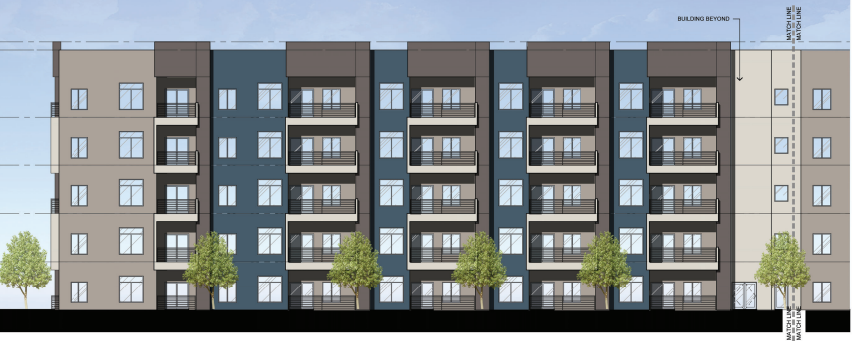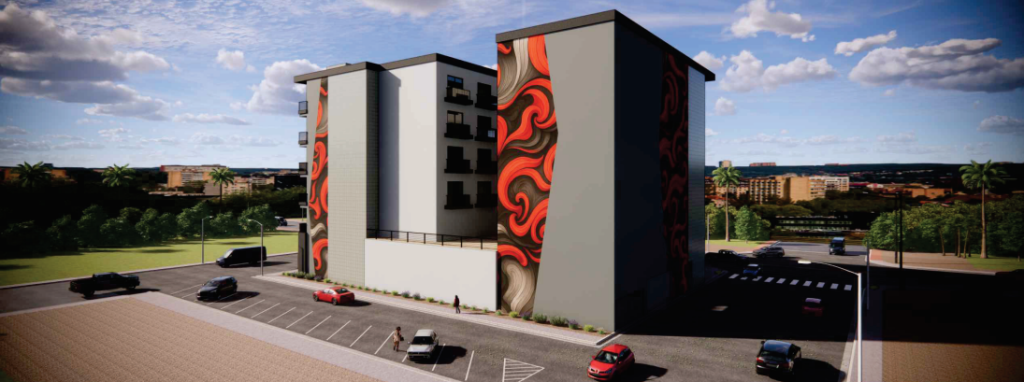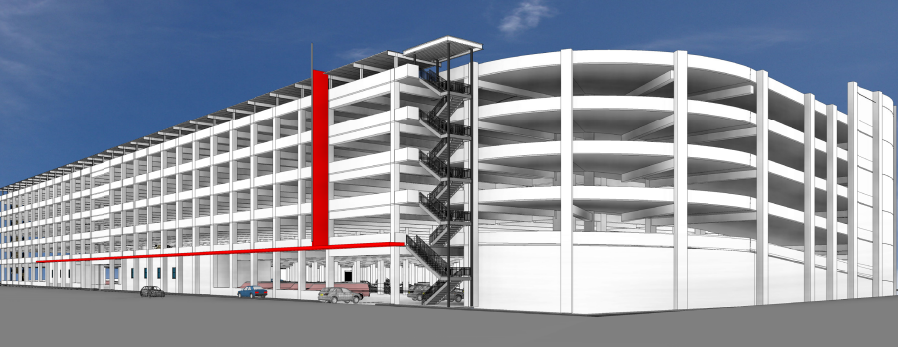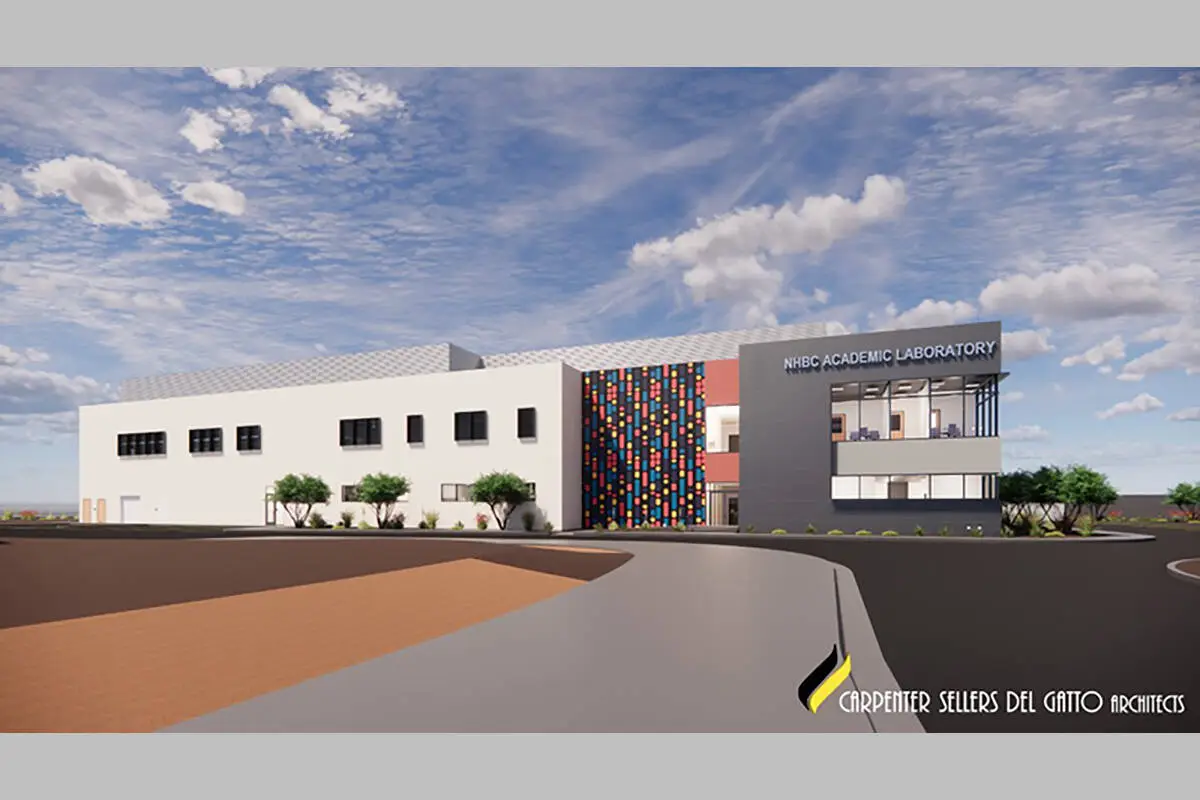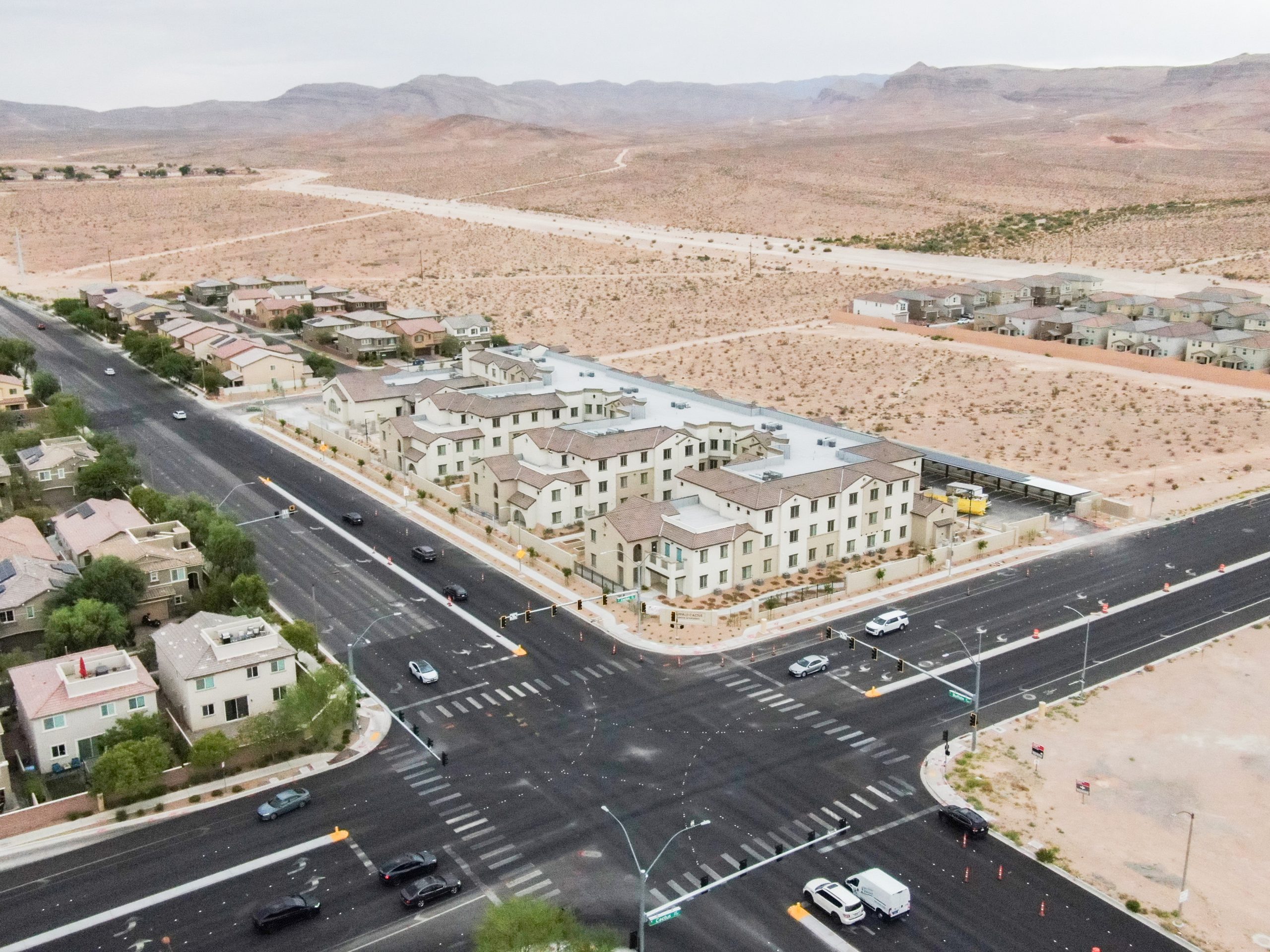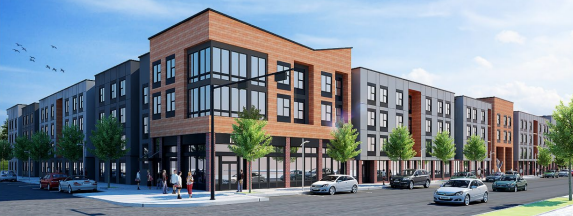Las Vegas City Council approved an abeyance of the Desert Pines Redevelopment Project, delaying its hearing toJune 4, 2025.
The redevelopment project aims at taking a golf 98-acre golf course along Bonanza Road between Mojave and Pecos roads and turning it into a master plan with a focus on affordable housing.
The property is owned by the City of Las Vegas, with Desert Pines Master Development, LLC, a subsidiary of McCormack Baron Salazar,serving as the developer. Kaempfer Crowell is representing the developer. Westwood Professional Services, Inc. is providing civil engineering services. SmithGroup is the master land planner.
The justification letter states the maximum number of dwelling units is 1,362. Of that total, 280 are to be single-family dwelling units and the remaining 1,082 are to be multifamily units. The staff report, however, states the master plan will have a maximum of 1,566 residential units with 1,125 multifamily and 441 single-family units.
Plans indicate there will be a minimum of 563 affordable multifamily units throughout the community. The developer stated current projections surpass the minimum, with an anticipated 999 affordable units upon full buildout.
Affordability of the units will range from 60% to 80% of the Area Median Income. The units will remain affordable for a minimum of 30 years. For-sale housing is eligible to be sold at the market rate.
As NVBEX reported in November, 2024, Phase One is expected to cost $57.3M, while the entire project is expected to cost $450M. The Nevada State Infrastructure Bank board of directors recently approved $25M in funding for the first phase of the master plan.
Development Agreement
Developers are seeking a Development Agreement, zone change, tentative map and general plan amendment. The Development Agreement is set to last for 10 years, while also allowing the developer the right to request two five-year extensions.
The Development Agreement prohibits businesses such as cannabis establishments, pawnshops, short term rentals and anything sexually oriented.
The general plan amendment will change the land from Traditional Neighborhood Development to Traditional Development. This will allow developers to make flexible projects that serve the community.
A project labor agreement is also planned, which will require 50% of the workforce to be local. The agreement also ensures state prevailing wages and a minimum of 15% of workers are required to be registered apprentices. Hiring will focus on disadvantaged workers.
